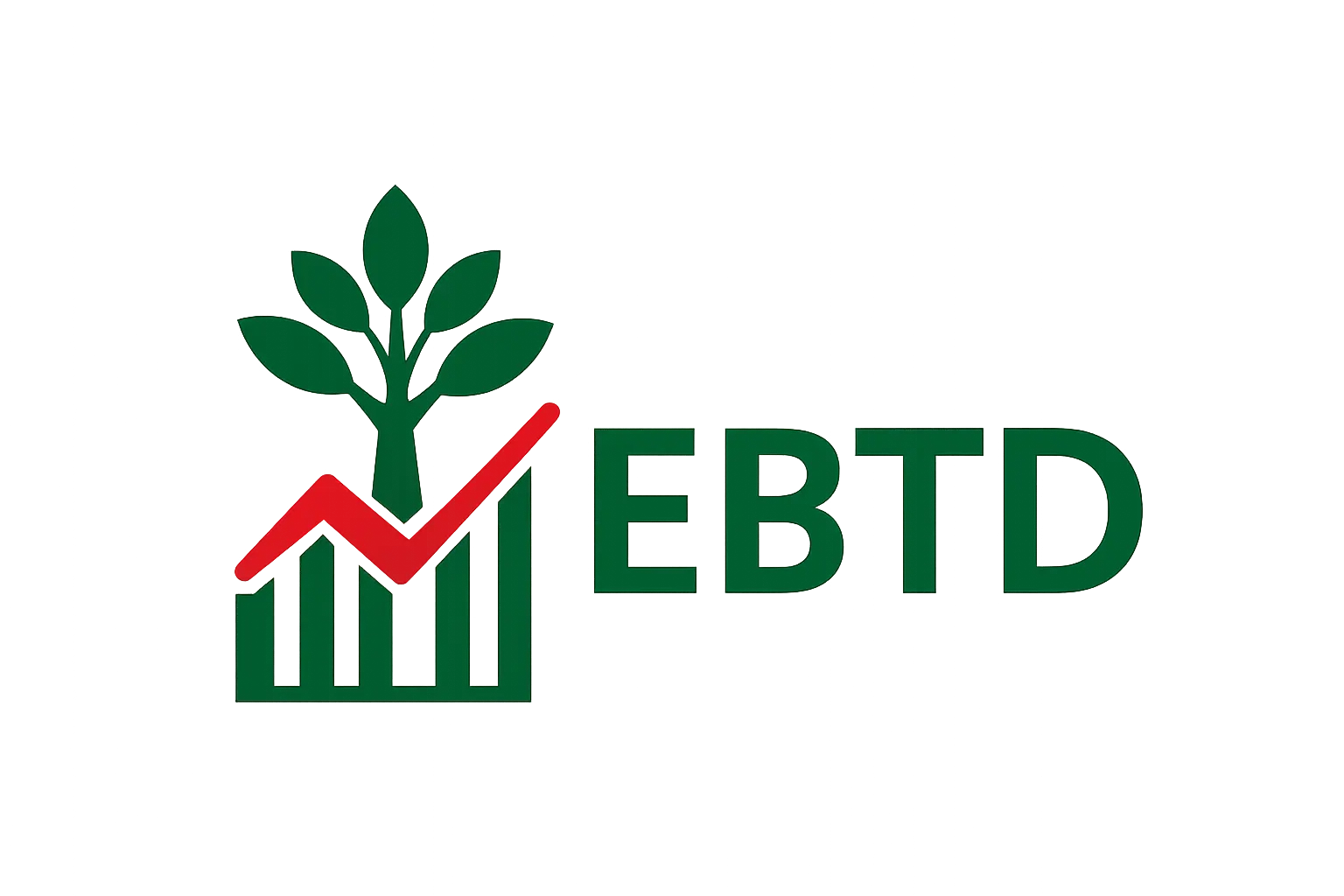Global Monitoring
UNESCO Global Education Monitoring (GEM) Report
Website: UNESCO GEM Report
What it offers: Annual reports analysing global education trends and challenges.
Each edition focuses on a theme (e.g., technology in education, inclusion, finance) and provides policy insights,
case studies, and comparative data across regions.
Useful for Bangladesh:
- Benchmark Bangladesh against regional and global peers using comparable indicators.
- Draw on country case studies to inspire policy pilots and school-level innovations.
- Use evidence visuals and summaries in staff briefings, CPD, and advocacy documents.
Cautions / Considerations:
- Global data may mask local variation — always triangulate with national sources (e.g., BANBEIS, CAMPE).
- Policy recommendations are broad; adapt to Bangladesh’s class sizes, language needs, and resource levels.
- Reports are lengthy; start with executive summaries and key figures for faster uptake.
Teacher Voice
OECD TALIS – Teaching and Learning International Survey
Website: OECD TALIS
What it offers: International survey capturing teachers’ and school leaders’ experiences — from job satisfaction
and workload to professional collaboration and CPD. Provides comparative insights to strengthen teacher support systems.
Useful for Bangladesh:
- Identify priorities for teacher development (e.g., mentoring, collaboration time, coaching).
- Compare leadership practices and school climate indicators with international norms.
- Use TALIS items as a template to run your own school-level staff surveys.
Cautions / Considerations:
- Participation varies by country and cycle; check coverage and timeliness before benchmarking.
- Context differs (e.g., staffing structures, class sizes); adapt takeaways rather than copy models.
- Data tables can be dense; use OECD summaries, infographics, and country notes for quick insights.
